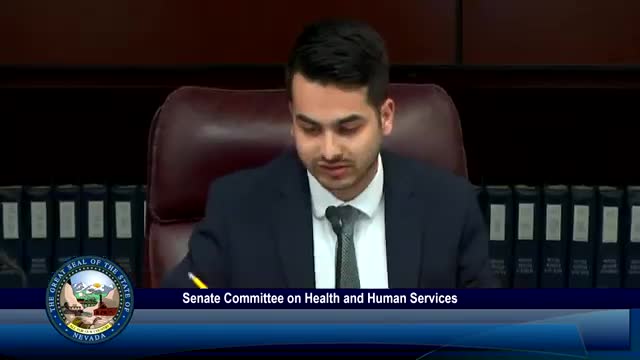Article not found
This article is no longer available. But don't worry—we've gathered other articles that discuss the same topic.
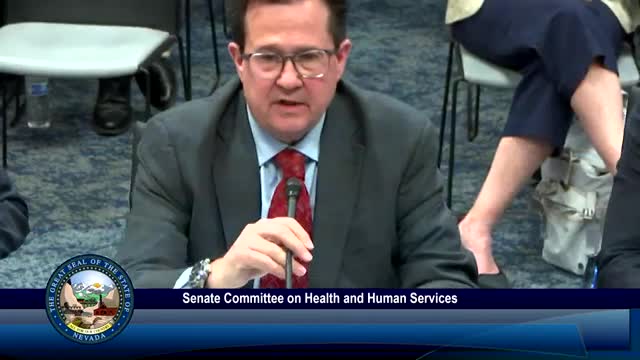
Committee holds AB448 after late amendments on vision-insurance rules; work session set for next day
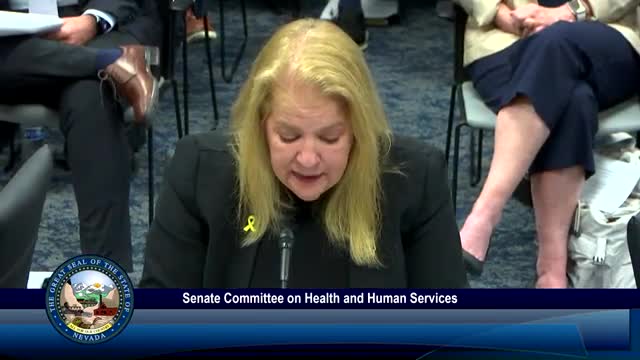
Committee advances AB380 to expand flexible staffing, Medicaid reimbursement for mobile crisis teams
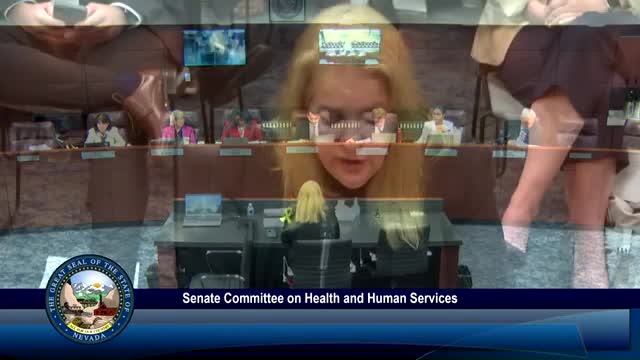
Committee backs biometric verification for Medicaid providers; notarization allowed as fallback
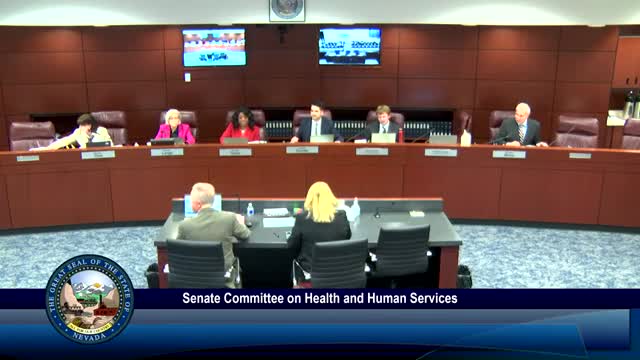
Committee approves hospice ‘bill of rights’ language after testimony about for-profit hospice concerns
